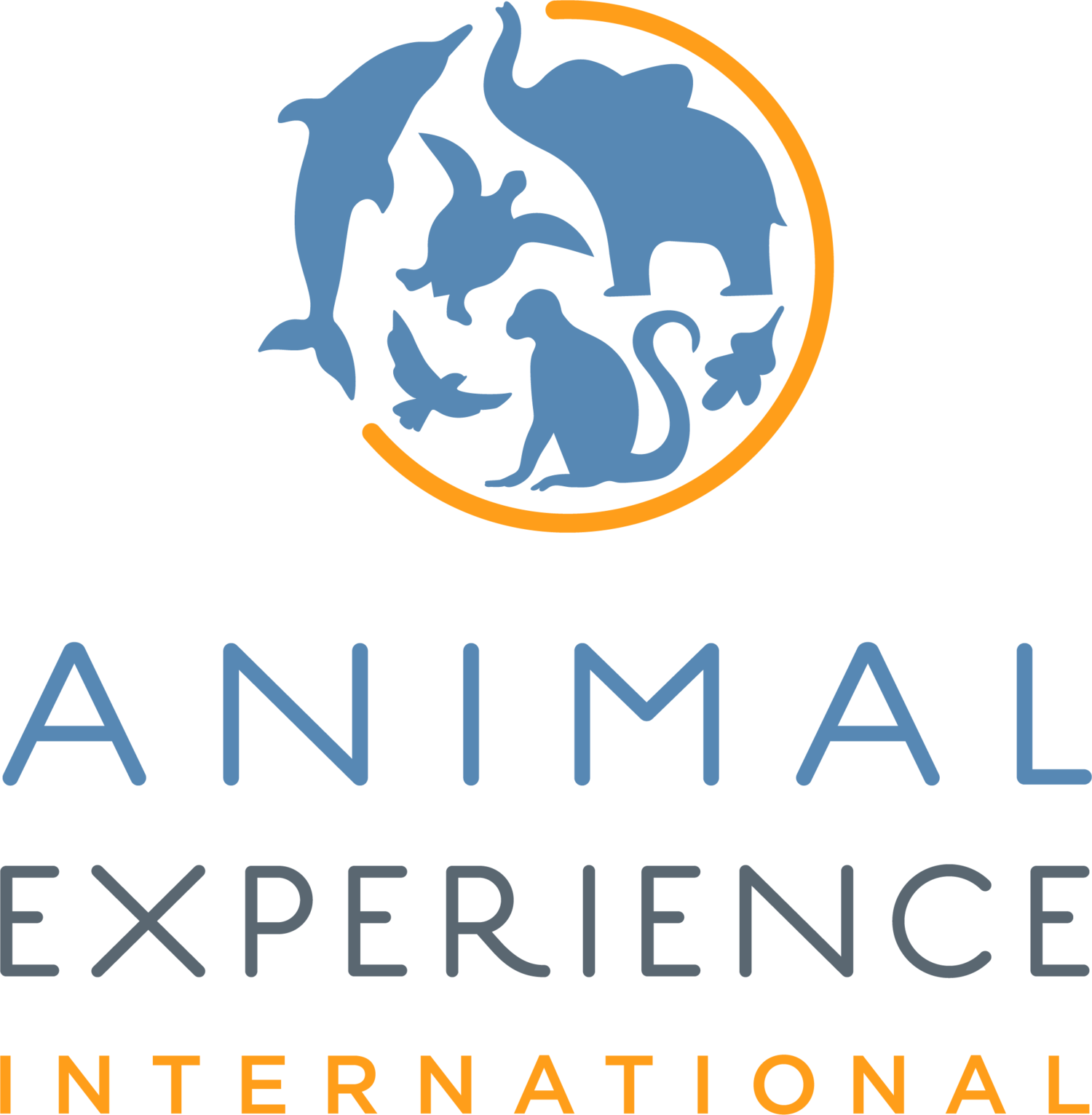Wildlife rehabilitation offers sick, injured, orphaned and rescued wildlife a second chance. This work would not be possible without dedicated wildlife carers, biologists, park rangers, veterinary professionals and volunteers. Animal Experience International supports wildlife centres around the world, in Guatemala, Malawi, Thailand and Australia. I personally have had the honour to work as a wildlife veterinarian for more than 20 years. Not a day goes by that I'm not surprised or amazed by my wild patients. Working with wildlife presents many challenges that are not faced by vets treating domestic animals like dogs, cats and horses.
We don’t know their history.
Our wild patients often come to us with no background information. The animal may have been found lying on a road, been confiscated from a smuggler, or seen not using a leg. But unlike domestic animals, there is no person to share the animal’s history, a tool vets rely on to deduce what is wrong. Wildlife vets must be detectives, a task made even more difficult by the stoic nature of wildlife. In the wild a weak animal is more likely to become another animal’s dinner – wildlife has an amazing ability to hide their illness or injuries, even from veterinarians.
Survival is essential.
Add to that, our wild patients have to be well enough to survive in the wild once released. We cannot ask a patient to return for regular follow-up exams, or to leave with pain medication that they can take indefinitely. The goal of wildlife rehabilitation is to return healthy animals back to the wild. Wild animals must be able to swim, climb, fly, hunt, evade prey, reproduce, interact appropriately, and flourish in the wild. This holds us vets to an exceedingly high standard!
Our care is very stressful.
Wildlife find captivity to be extremely stressful – to a wild animal, humans are seen as predators. This means we must work very hard to keep our patients as comfortable as possible and to minimize stress. Unlike with domestic animals, wildlife is not soothed by touch or reassuring talk. Quite the opposite! Minimizing stress means being quiet around wildlife, staying away from enclosures, and keeping the number of times we examine, treat, weigh, or otherwise disturb our patients to a minimum. Wildlife centres work hard to design enclosures that keep animals safe and comfortable, and to provide enrichment to keep animals occupied while in care. Animals that are less stressed heal and recover more quickly, tend not to further injury themselves and can be released back to the wild sooner.
I love the challenges that come with working with wildlife – the constant problem solving, and creativity required to treat my patients successfully. But for all of us involved in wildlife rehabilitation and rescue, the most satisfying part is when our work in done, and the animal is given a second chance to live its life, free in the wild.
~ Dr. Heather Reid is a Wildlife Veterinarian and the Co-founder of AEI ~



